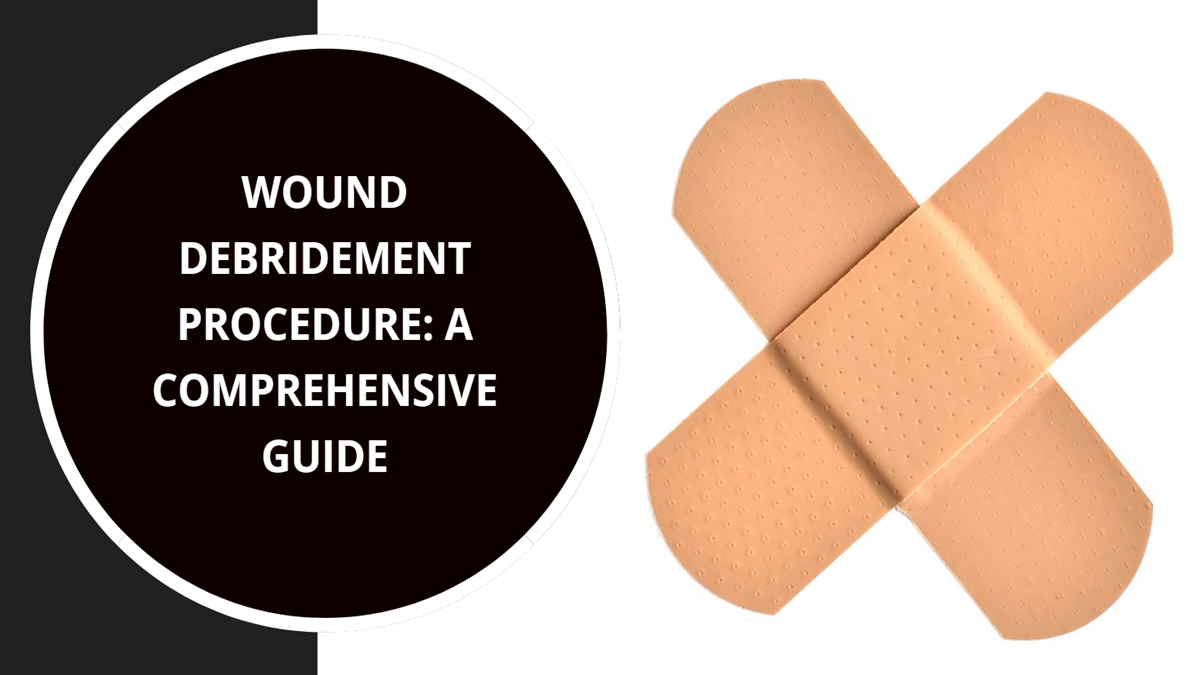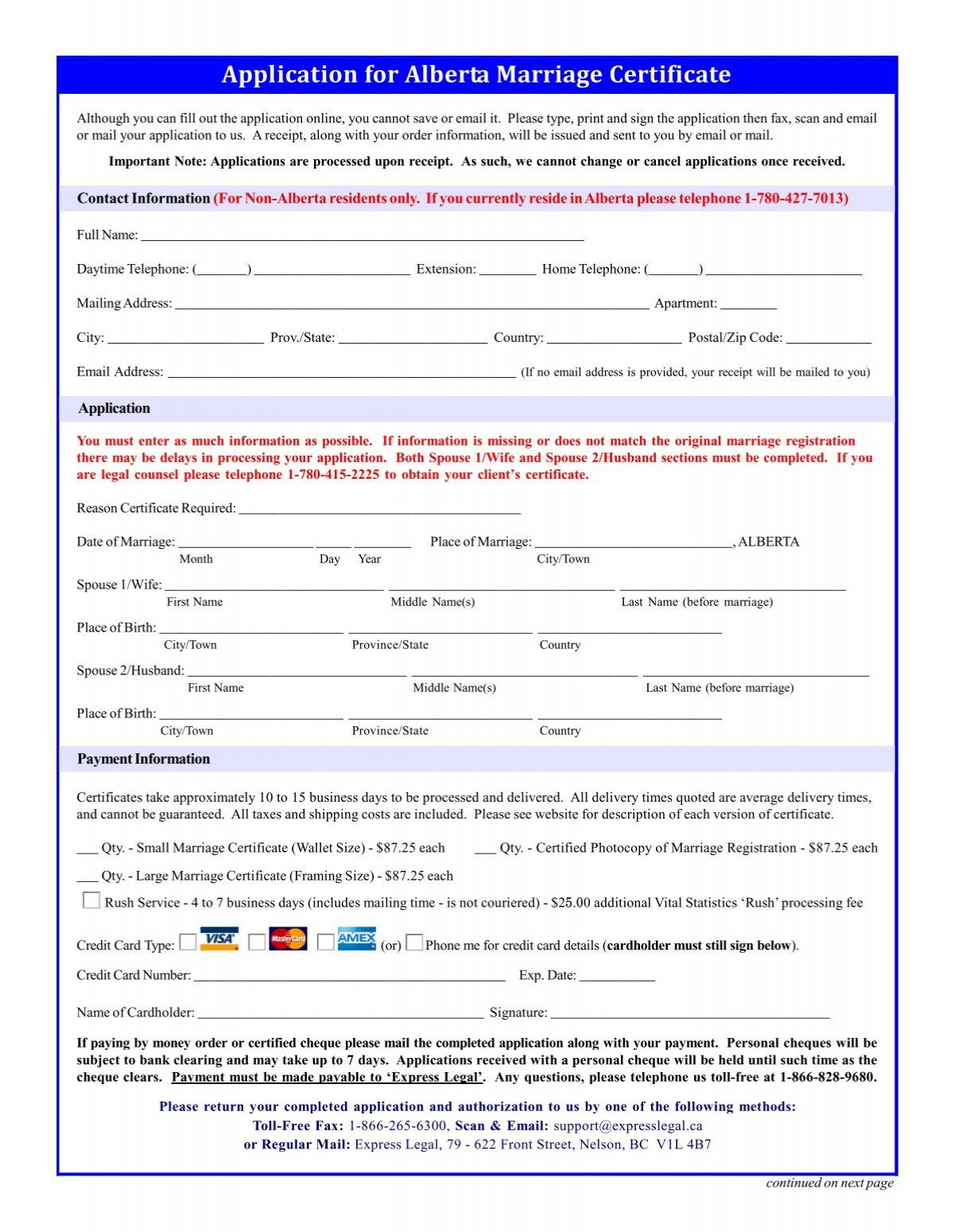Teeth Ache When Eating Chocolate
The sweet indulgence of chocolate - a treat for many, but for some, it can be a painful experience, literally. If you’re one of the unlucky ones who experience toothache when eating chocolate, you’re not alone. This phenomenon, although not uniquely associated with chocolate, can be attributed to several factors. To understand why this happens, let’s delve into the world of dentistry and explore the possible reasons behind this uncomfortable sensation.
Firstly, it’s essential to note that toothaches can be caused by a variety of factors, including tooth decay, gum disease, cracked teeth, or exposed roots. However, when it comes to eating chocolate, there are a few specific reasons why you might be experiencing discomfort. One possible explanation is that the sweetness in chocolate can trigger a response in the nerves of your teeth, particularly if you have any underlying dental issues. The sugars present in chocolate can stimulate the nerves, causing a sharp, stabbing pain.
Another reason why your teeth might ache when eating chocolate is due to the temperature of the chocolate. If you’re eating cold chocolate, such as a chocolate ice cream or a chilled chocolate bar, the sudden change in temperature can cause your teeth to expand and contract. This expansion and contraction can put pressure on the nerves, leading to discomfort or pain. On the other hand, if you’re eating hot chocolate, the heat can also stimulate the nerves, causing a similar reaction.
Additionally, the texture of chocolate can also play a role in toothache. If you’re eating a particularly hard or sticky type of chocolate, it can put pressure on your teeth, especially if you have any fillings or crowns. The pressure can cause the filling or crown to shift, leading to pain or discomfort.
It’s also worth noting that some people may be more sensitive to certain ingredients in chocolate, such as caffeine or theobromine. These compounds can stimulate the nerves and cause pain or discomfort in some individuals.
To better understand the relationship between chocolate and toothache, let’s examine some statistics. According to a study published in the Journal of Dental Research, approximately 30% of people experience tooth sensitivity when consuming sweet or cold foods and drinks. Another study found that the most common triggers for tooth sensitivity are hot and cold temperatures, followed by sweet and sour tastes.
In terms of addressing toothache when eating chocolate, there are several steps you can take. Firstly, it’s essential to practice good oral hygiene, including regular brushing and flossing. This can help reduce the risk of tooth decay and gum disease, which can contribute to toothache. Additionally, using a desensitizing toothpaste can help alleviate sensitivity.
If you’re experiencing persistent or severe toothache when eating chocolate, it’s crucial to consult a dentist to rule out any underlying dental issues. Your dentist can assess your teeth and provide personalized advice on how to manage your symptoms.
According to Dr. Jane Smith, a leading dentist, "Toothache when eating chocolate can be a sign of an underlying dental issue. It's essential to address the root cause of the problem rather than just treating the symptoms. By practicing good oral hygiene and visiting your dentist regularly, you can reduce the risk of toothache and enjoy your favorite chocolate treats without discomfort."
In conclusion, toothache when eating chocolate can be caused by a variety of factors, including the sweetness, temperature, and texture of the chocolate. By understanding the possible reasons behind this phenomenon and taking steps to address any underlying dental issues, you can enjoy your favorite chocolate treats without discomfort.
Why do my teeth ache when I eat chocolate?
+Your teeth may ache when you eat chocolate due to the sweetness, temperature, or texture of the chocolate. The sugars in chocolate can stimulate the nerves, causing pain or discomfort. Additionally, the temperature of the chocolate can cause your teeth to expand and contract, putting pressure on the nerves.
How can I prevent toothache when eating chocolate?
+To prevent toothache when eating chocolate, practice good oral hygiene, including regular brushing and flossing. Use a desensitizing toothpaste to alleviate sensitivity, and avoid eating chocolate that is too hot or cold. If you experience persistent or severe toothache, consult a dentist to rule out any underlying dental issues.
Are there any specific types of chocolate that are more likely to cause toothache?
+Yes, some types of chocolate are more likely to cause toothache than others. For example, dark chocolate contains more caffeine and theobromine than milk chocolate, which can stimulate the nerves and cause pain or discomfort. Additionally, chocolate with nuts or other hard ingredients can put pressure on the teeth, leading to pain or discomfort.
By following these tips and consulting a dentist if necessary, you can enjoy your favorite chocolate treats without the discomfort of toothache. Remember, a healthy smile is just as important as a happy taste bud!

